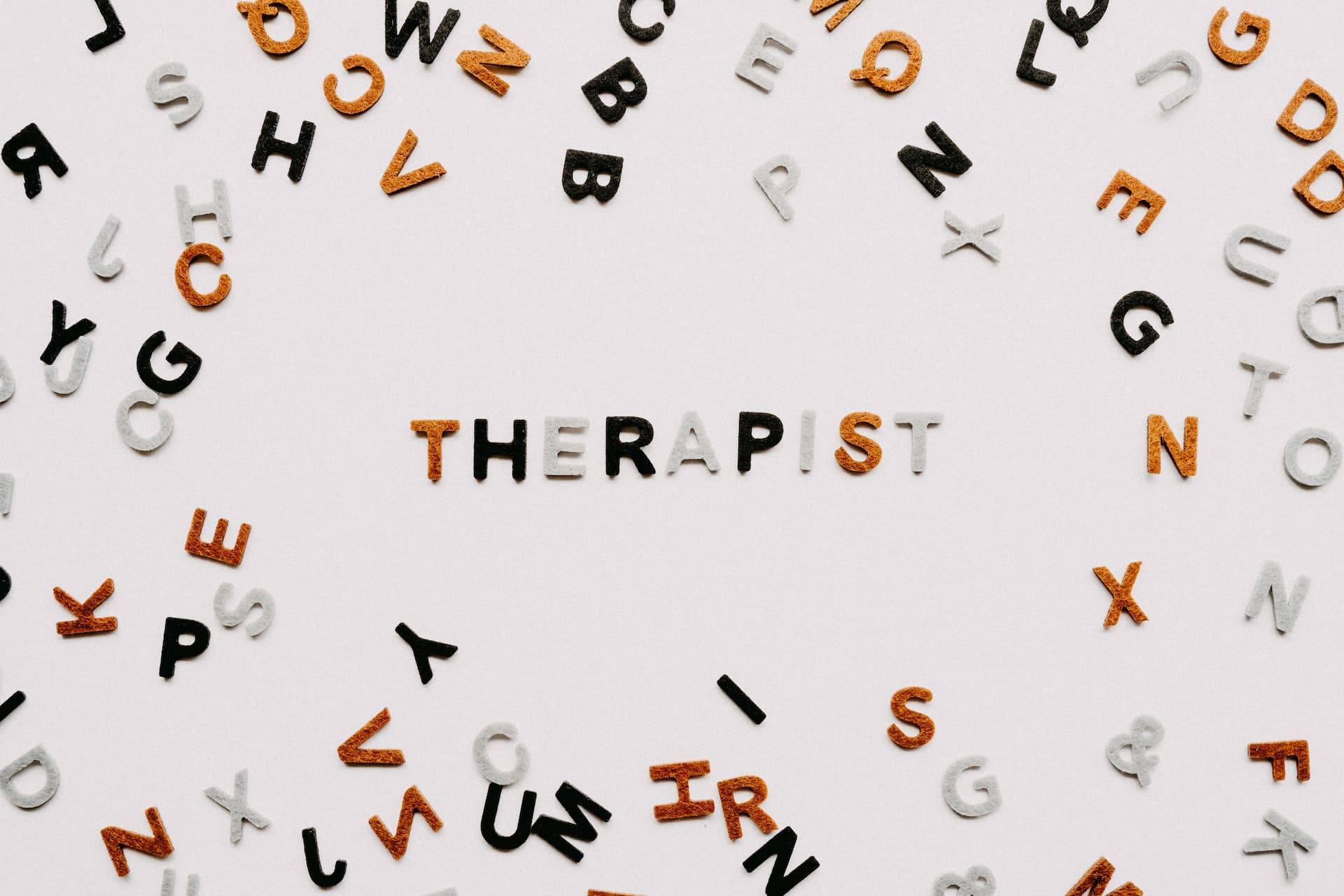Finding the right counselor or therapist is a crucial step towards achieving mental and emotional wellbeing. However, with the plethora of professionals in the field, it can be overwhelming to know where to start. In this article, we will explore some essential factors to consider when picking the right counselor/therapist for you.
Credentials
It is essential to ensure that your chosen therapist is licensed and registered with the relevant regulatory body in your state or country. This guarantees that the therapist has undergone appropriate training and adheres to ethical standards. Some of the commonly recognized credentials in the United States include Licensed Professional Counselor (LPC), Licensed Clinical Social Worker (LCSW), and Licensed Marriage and Family Therapist (LMFT). Check the therapist’s credentials on their website or through the regulatory body’s directory.

Specialization
Therapists often have specific areas of expertise or specializations. For instance, some may specialize in treating anxiety disorders, while others may focus on addiction, eating disorders, couples counseling or trauma. Consider your needs and look for a therapist who specializes in the areas that you are seeking help with. You can find this information on the therapist’s website or by contacting them directly.
Experience
The therapist’s experience in treating individuals with similar issues to yours is also essential. A therapist who has been in practice for several years and has successfully helped many clients with similar challenges can provide valuable insights and treatment approaches. Don’t be afraid to ask the therapist about their experience, and request references from past clients.
Compatibility
The relationship between a therapist and their client is crucial to the success of therapy. You need to feel comfortable and safe opening up to your therapist, so it’s crucial to find someone who you feel is compatible with you. Consider the therapist’s communication style, personality, and values to see if they align with yours. You can also schedule an initial consultation to get a sense of the therapist’s approach and whether you feel comfortable with them. If they have a blog on their website, you may want to view articles to see if your fit with the clinic or therapists vision.

Cost and insurance
Therapy can be costly, so it’s essential to consider the cost and whether your insurance covers therapy. Some therapists offer sliding scale fees or discounts for low-income clients, so it’s worth asking about these options. Also, check with your insurance provider to see if they cover therapy and what the reimbursement rates are. You can also ask the therapist if they accept insurance and if they can provide documentation to help you file for reimbursement. One limitations to using a therapist who accepts insurance is that your records and information will now be shared with your insurance company, which will significantly reduce confidentiality, along with limitations on amount of time you may be able to go to therapy and/or limitations on services. Cash pay mental health services are available to put the client in control of their care.
Location and availability
Consider the therapist’s location and availability when finding a therapist. You may prefer a therapist who is close to your home or workplace to make it easier to attend sessions. You may have a hectic schedule or may have a chronic health condition that limits you from leaving the home, and can opt for telehealth therapy from the comfort of your own home to provide a safe space to heal while reducing your stress of going into a physical location. Also, consider the therapist’s availability and whether they can accommodate your schedule. If you have a busy schedule, you may prefer a therapist who offers evening or weekend sessions.

Treatment approach
Therapists use various treatment approaches, including Cognitive Behavioral Therapy (CBT), Gottman Method Couples Therapy, Integrative Mental Health, EMDR, IFS, Psychodynamic Therapy, and Mindfulness-Based Therapy, among others. Each approach has its unique benefits and may be better suited for certain types of issues. Research the different treatment approaches and consider which one aligns with your preferences and goals.
Referrals
You can also ask for referrals from friends, family, or your primary care physician. They may have had positive experiences with a therapist or know of someone who has. You can also check online reviews and ratings to see what other clients are saying about the therapist.
Communication and Feedback
Another essential factor to consider when choosing a counselor or therapist is their communication style and how they handle feedback. It is crucial to find a therapist who can communicate effectively and clearly with you, and who is open to feedback. A good therapist should be willing to listen to your concerns and be responsive to your needs. They should also be able to explain their approach and answer any questions you may have about the therapy process.

Personal Preferences
Lastly, it’s important to consider your personal preferences when finding a therapist. Some people prefer to work with someone of the same gender or cultural background, while others may prefer a therapist who is older or younger. You may also have specific requirements, such as a therapist who speaks a particular language or is experienced in working with members of the LGBTQ+ community. It’s essential to find a therapist who meets your personal preferences and makes you feel comfortable.
In conclusion, finding the right counselor or therapist requires careful consideration of several factors, including their credentials, specialization, experience, compatibility, cost, insurance, location, availability, treatment approach, referrals, communication style, and personal preferences. Remember that therapy is a collaborative process, and finding the right therapist can be transformative for your mental and emotional wellbeing. Take the time to research and ask questions, and don’t be afraid to try out a few therapists before making your decision. With the right therapist, you can develop the skills and insights you need to live a happier and healthier life.




